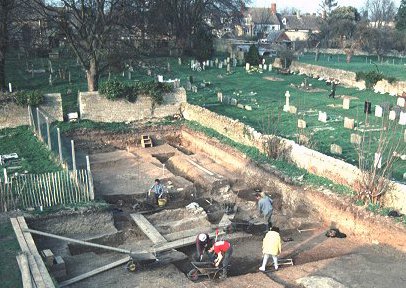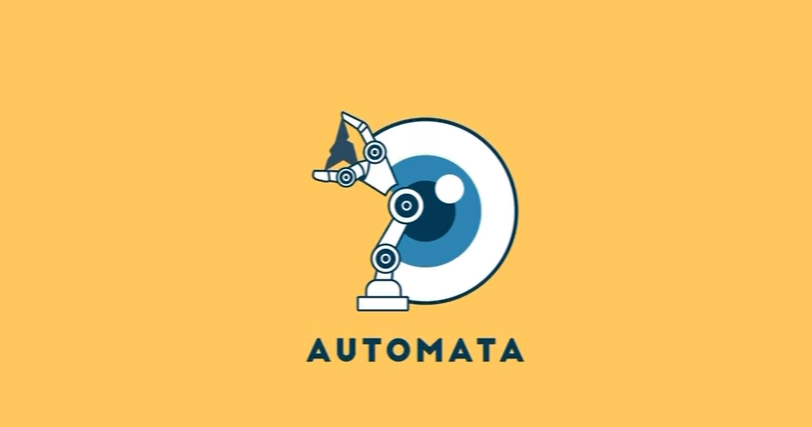DAPPER (Digital Archiving Pilot Project: Excavation Records) arose from a meeting held between the ADS, Association of Local Government Archaeological Officers (ALGAO), English Heritage and Royal Commission for the Historical Monuments of England (RCHME) in May 1997. This confirmed the need for pilot studies to examine the digital archiving of primary fieldwork data. A joint co-operation statement signed in July 1997 between the ADS and RCHME confirmed that both organisations recognized the importance of developing costed models for digital archiving and specifying optimum digital media and storage conditions.
Subsequent meetings with English Heritage suggested that a strong area for collaboration was development of digital excavation archiving pilot projects. This reflects English Heritage’s position as a key funding agency for English archaeology and its ability to encourage grant recipients to follow best practice in preparing archives for post-excavation deposition.
Exploration of projects suitable for use as pilot projects was undertaken with a variety of field units. Two excavations were identified as most suitable: the Eynsham Abbey excavation by the Oxford Archaeological Unit (OAU) and the Royal Opera House excavation by the Museum of London Archaeology Service (MOLAS). The pilot archives, completed in 1999, informed ADS archiving policy and costing methods. The original DAPPER archives are available at Eynsham Abbey and Royal Opera House.






